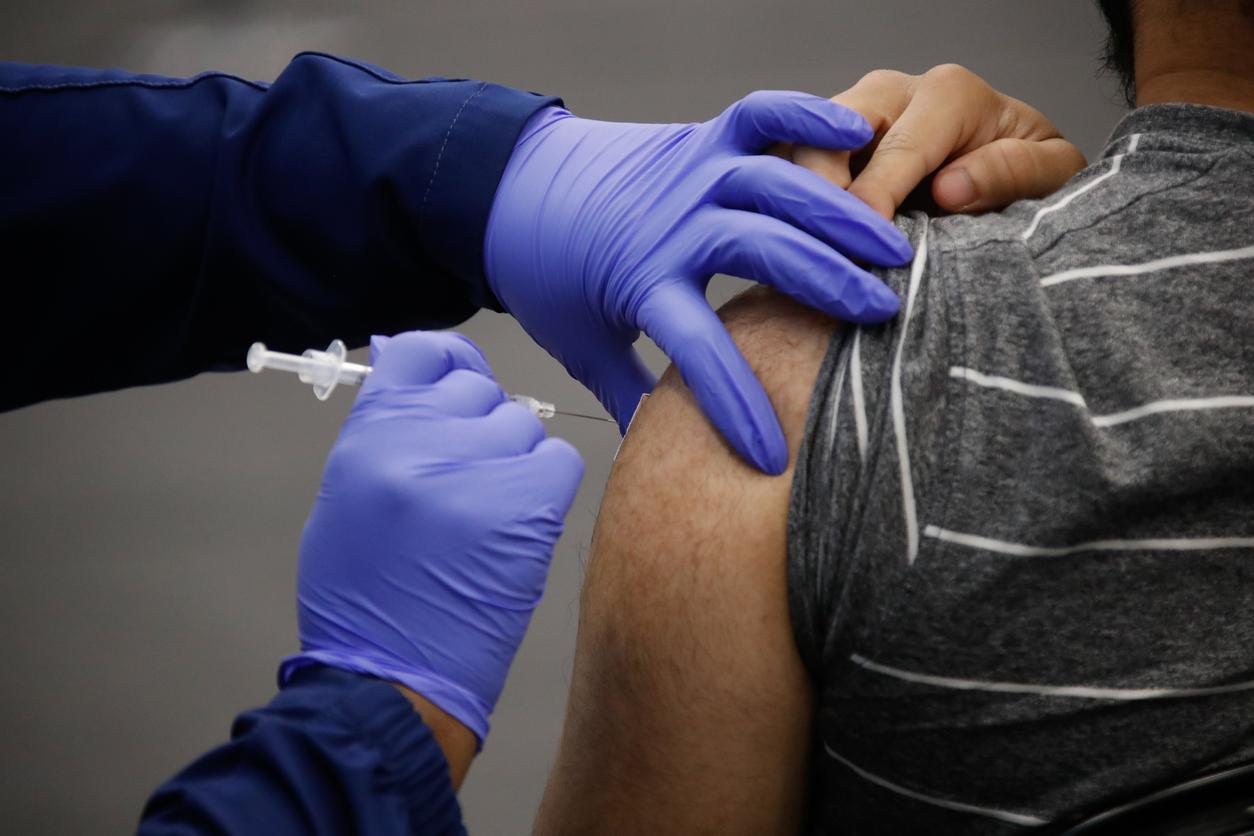Testing in two unexplained illness clusters in Equateur Province in the Democratic Republic of the Congo (DRC) has ruled out Ebola and Marburg viruses, and further testing and investigations are under way, the World Health Organization (WHO) African regional office said in its latest weekly outbreak and health emergencies update.
.jpg)
The newest cluster is centered in Bromate Villega in Basankusu Health Zone and was reported to provincial officials on February 9. Initially, 32 cases were reported, including 20 deaths in the community. As of February 15, a total of 419 suspected cases and 45 deaths have been reported. Half of the deaths occurred within 2 days of symptom onset. Symptoms include fever, headache, body ache, neck stiffness, cough, and gastrointestinal symptoms.
Specimens from 13 patients were tested at the National Institute of Biomedical Research (INRB) in Kinshasa, all negative for Ebola and Marburg viruses. "Differential diagnosis under investigation include malaria, viral haemorrhagic fever, food or water poisoning, typhoid fever, and meningitis," the WHO said. Both Ebola and Marburg viruses produce hemorrhagic (bleeding-related) fevers.
Children in initial cluster exposed to bats
The earlier unexplained outbreak was initially reported on January 21 and is centered in Boloko Village in Bolomba Health District. Three community deaths in children were noted earlier in the month, with reports that they had consumed bat carcasses and experienced hemorrhagic symptoms before they died. Other similar illnesses have been reported in children, with 12 cases—including 8 deaths—in Boloko Village and 2 cases and 1 death in nearby Danda Village. Testing at the provincial and INRB labs were negative for Ebola and Marburg viruses.
"The exact circumstances of exposure have not yet been established in both outbreaks. Additionally, no epidemiological links have been established between the cases in the two affected health zones," the WHO said.
Equateur Province is in the northwestern part of the DRC and has been affected by Ebola outbreaks in the past.


-2.jpg)












